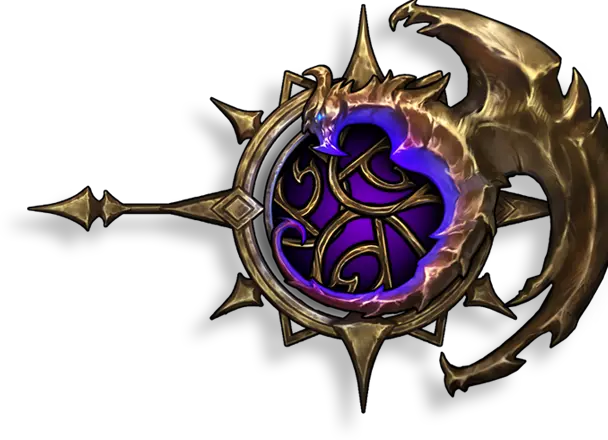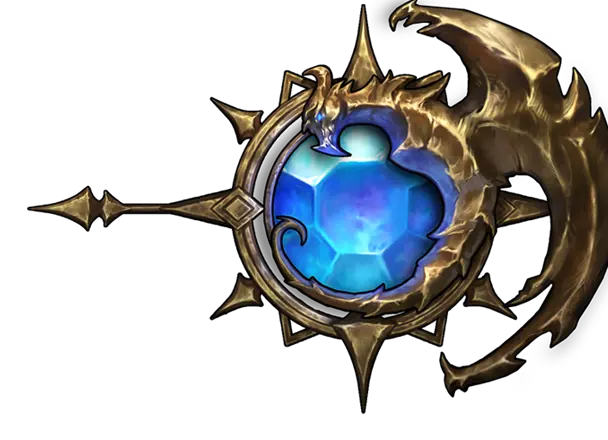Why Gamers Should Care About Blockchain Technology
As a seasoned gamer, you’ve likely witnessed the evolution of gaming, from pixelated adventures to immersive virtual worlds. Now, blockchain technology is poised to revolutionize gaming once again, offering benefits that extend beyond the screen. This article explores why gamers of all levels should take notice of this transformative technology.
True Ownership and Control
Remember all those countless hours spent grinding for rare loot or unlocking exclusive in-game items? In traditional games, you never truly owned those assets. They resided on servers controlled by game developers, who could alter, remove, or even shut down the entire game, leaving players with nothing.
Blockchain changes this paradigm by introducing true ownership through Non-Fungible Tokens (NFTs). NFTs represent unique in-game items, giving players verifiable ownership and the ability to trade, sell, or use these assets across different platforms. This empowers gamers with unprecedented control over their hard-earned virtual possessions.
Decentralized Economies and Play-To-Earn
Blockchain technology enables the creation of decentralized in-game economies, where players can earn and trade virtual assets with real-world value. Play-to-earn models are emerging, allowing gamers to monetize their skills and time spent in-game. This opens up new opportunities for gamers to generate income, participate in thriving virtual economies, and potentially even turn their passion into a profession.
Enhanced Security and Transparency
Blockchain’s inherent security features can address concerns about cheating, fraud, and account security that have plagued online gaming. The immutability and transparency of blockchain ensure that in-game transactions and records are tamper-proof and auditable, creating a fairer and more secure gaming environment.
Community Governance and Player Empowerment
Blockchain technology can empower players with a greater voice in the games they love. Decentralized Autonomous Organizations (DAOs) allow players to participate in decision-making processes, propose changes, and vote on proposals that shape the future of the game. This fosters a sense of community ownership and collaboration, where players have a direct impact on the evolution of the game.
Interoperability and The Metaverse
Blockchain technology is a key building block for the metaverse, a persistent virtual world where users can interact and participate in shared experiences. Blockchain facilitates interoperability between different games and metaverses, allowing players to seamlessly transfer assets and experiences between virtual worlds. This creates a truly interconnected and expansive gaming ecosystem, where players can explore diverse virtual realms with their unique digital identities and possessions.
Innovative Gaming Experiences
Blockchain technology is fostering innovation in game design and mechanics:
- Player-Driven Economies: Blockchain enables the creation of player-driven economies, where in-game assets and currencies are controlled by the players themselves, creating dynamic and evolving virtual marketplaces.
- AI-Powered Games: Blockchain can be combined with artificial intelligence to create more immersive and personalized gaming experiences, with dynamic storylines, intelligent NPCs, and adaptive gameplay.
- AR and VR Integration: Blockchain technology can enhance augmented reality (AR) and virtual reality (VR) gaming experiences, enabling true ownership of virtual assets and creating interconnected metaverses where players can seamlessly interact with both the physical and virtual worlds.
Legends of Elysium: A Case Study
Legends of Elysium (LOE) exemplifies how blockchain technology can enhance the gaming experience. LOE incorporates blockchain-based features such as:
- NFT Cards: LOE features unique NFT cards that players can collect, trade, and use in battles, giving them true ownership of their in-game assets.
- Tokenized Rewards: Players can earn LOE tokens through gameplay, which can be used to purchase NFT cards, participate in tournaments, and contribute to the game’s decentralized governance.
- Community-Driven Development: LOE actively involves its community in decision-making processes, fostering a collaborative approach to game development and ensuring that player feedback is incorporated into the game’s evolution.
Blockchain technology is not just a passing trend; it’s a fundamental shift in how we interact with games and virtual worlds. By embracing blockchain, gamers can experience true ownership, participate in decentralized economies, and contribute to the development of their favorite games. As the blockchain gaming ecosystem continues to mature, we can expect to see even more innovative and immersive experiences that blur the lines between the virtual and real world, creating a more engaging, rewarding, and player-centric future for gaming.







